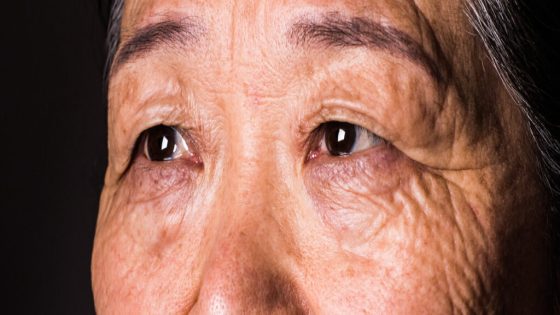The eyes can reveal a lot about brain health, serving as an early warning sign for cognitive decline. A recent study highlights that visual sensitivity loss may predict dementia up to 12 years before diagnosis. Conducted with 8,623 participants in Norfolk, England, the findings underscore the importance of eye health in understanding cognitive issues.
- Eye health indicates brain health status.
- Visual sensitivity predicts dementia early.
- Eye movement issues relate to face recognition.
- Eye movements may enhance memory performance.
- Access to eye-tracking tech is limited.
- Reading and TV viewing linked to memory.
Participants who developed dementia were notably slower in visual sensitivity tests compared to those who remained healthy. This raises an intriguing question: could eye tests become a vital tool for early dementia detection? The implications of this research are significant, especially as we look towards 2025-06-25 03:30:00 and beyond.
Understanding the relationship between vision and cognitive health is crucial. Eye movement control issues and visual processing deficits are often early indicators of Alzheimer’s disease. This suggests that eye health assessments could be pivotal in early dementia diagnosis.
- Schedule regular eye exams to monitor visual sensitivity.
- Engage in activities that stimulate both vision and cognitive function, like reading.
- Be aware of changes in visual perception or eye movement control.
As research continues to evolve, prioritizing eye health may lead to innovative approaches in dementia prevention and management. Stay informed and proactive about your vision—it could be a key to safeguarding your cognitive future.
















![[Adobe Stock]](https://news.faharas.net/wp-content/uploads/2025/07/Ketogenic-Diet-Boosts-Brain-Blood-Flow-by-22-and-BDNF-230x129.jpg)
















